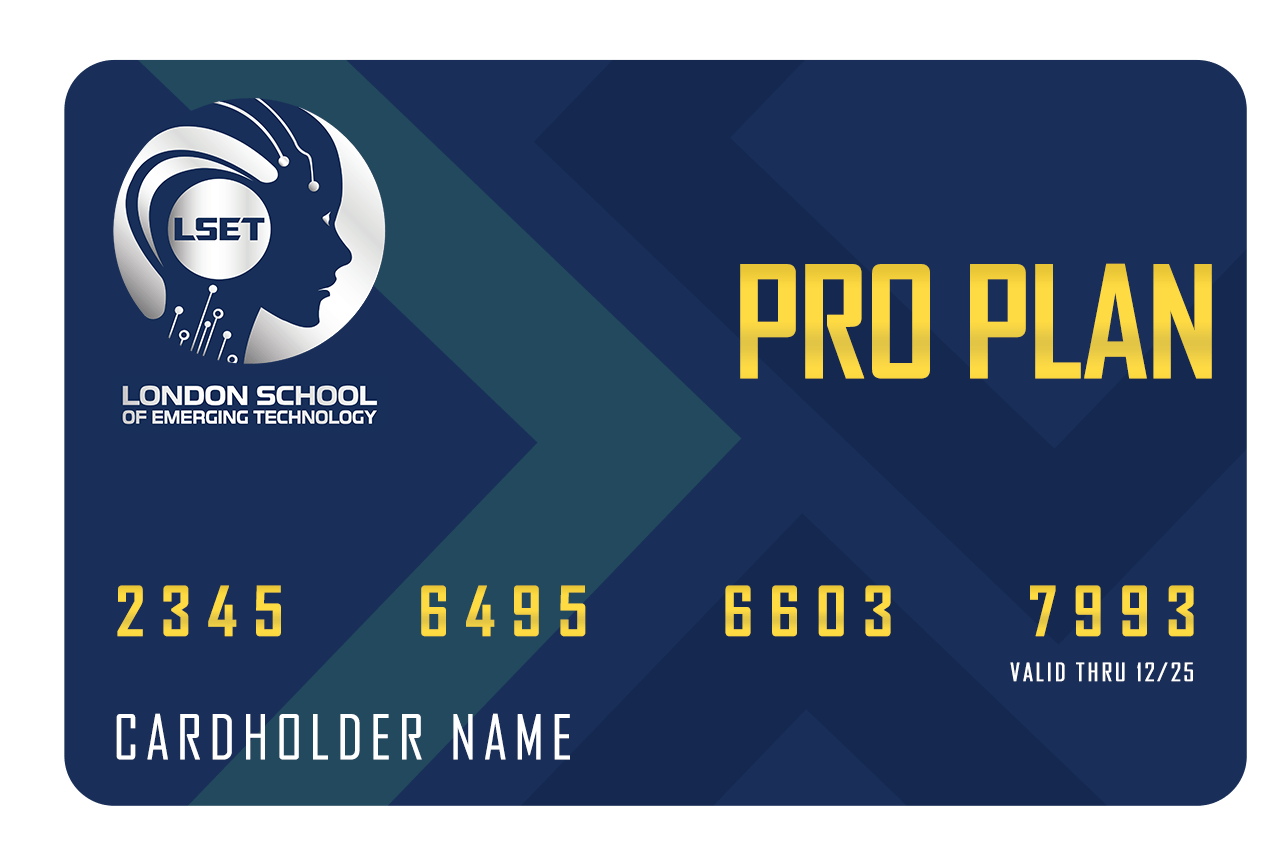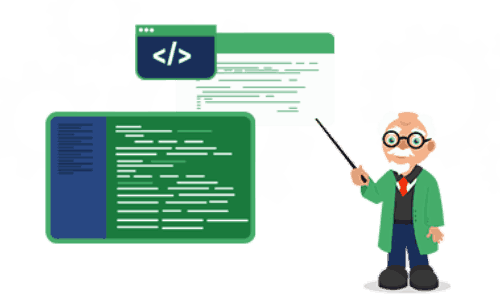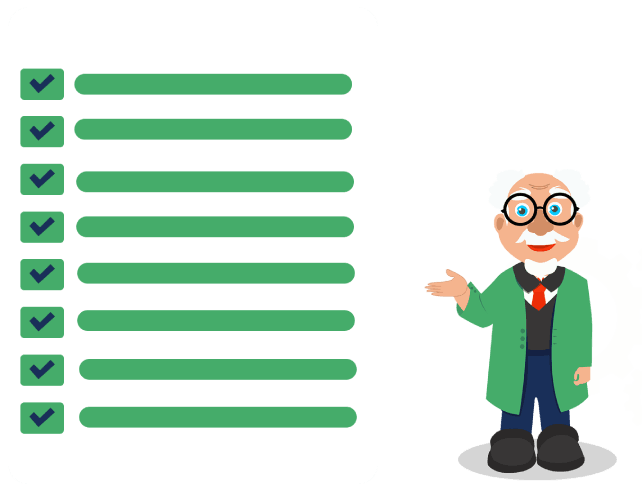Kotlin Programming Language : Core features, advanced concepts, and recent updates, including structured concurrency with coroutines for asynchronous programming.
Java Interoperability: Integration of Kotlin with existing Java libraries and frameworks for seamless development.
Android Development: Building and updating Android applications using Kotlin, including the latest APIs and best practices.
Version Control with Git: Source code management, version control, and collaborative development practices.
CI/CD Pipelines: Implementation of Continuous Integration and Continuous Delivery using tools like Docker and Kubernetes for automated deployment.
Unit Testing and Debugging: Techniques for writing and executing unit tests, and debugging to ensure code reliability and performance.
Kotlin Coroutines: Added support for structured concurrency to simplify asynchronous programming and manage background tasks more effectively.
Android API Updates: Integrated new Android APIs and tools, aligning with the latest Android development practices.
Curriculum Enhancements: Regular updates to include the latest features and best practices in Kotlin and Android development.



 Premium Career-Ready Track
Premium Career-Ready Track













